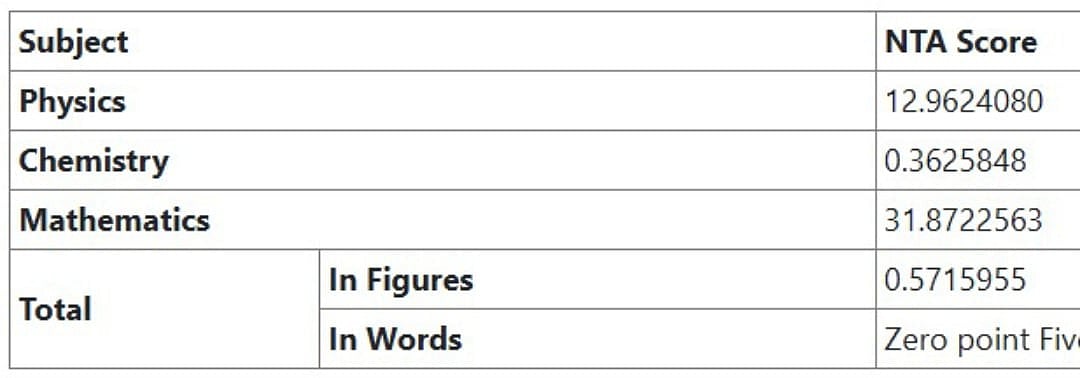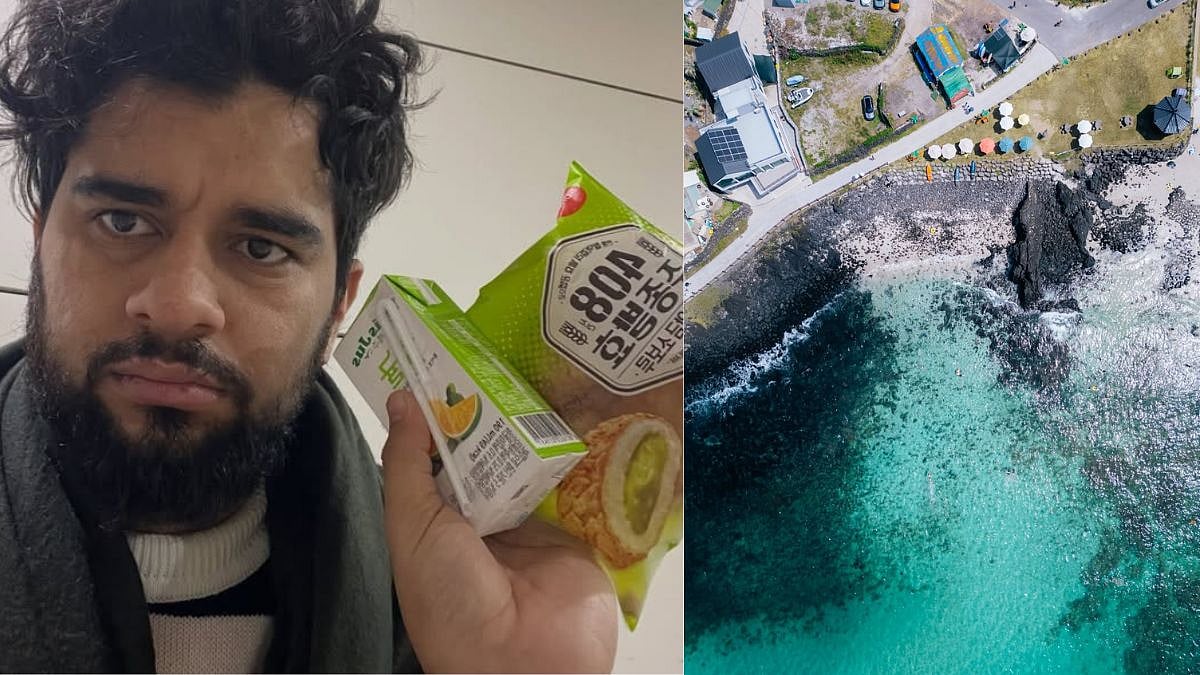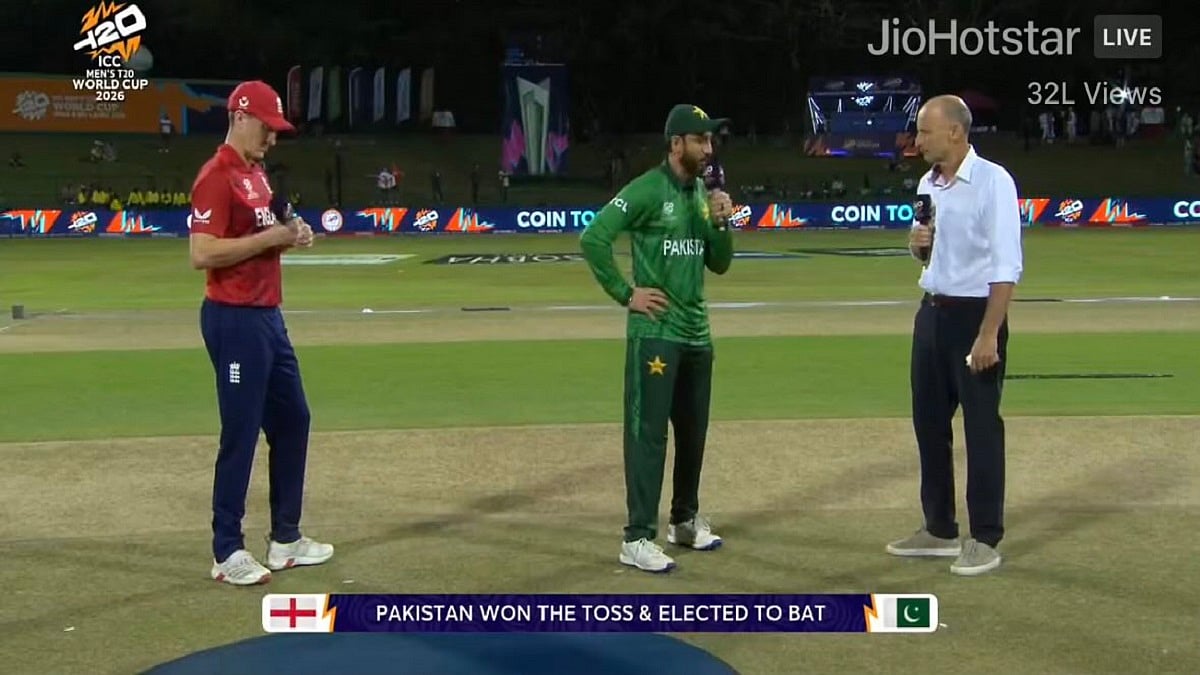Mumbai: Monsoon is a time when citizens need to be more cautious and must take precautions to avoid water-borne diseases. Ailments like leptospirosis, malaria, typhoid, cholera and dengue occur during the monsoon.
People who venture into the flooded areas are more prone to leptospirosis. The disease is a common infection caused due to a bacteria called ‘spirochete’.
“Leptospirosis is mainly caused when humans come in direct contact with urine of infected animals, especially rodents, or through water, soil or food contaminated with infected urine, in settings of poor sanitation habits,” said Dr Amit Nabar, consultant, critical care and HOD, accident and emergency medicine, SL Raheja Hospital, Mahim.
According to the World Health Organisation (WHO), the infectious disease is caused by bacteria belonging to the genus leptospira. The ailment is detected in areas, which witness excessive rainfall or flood.
The disease can also affect domestic animals, including pets. However, human-to-human transmission occurs rarely. The bacteria that causes the zoonotic diseases can get into soil or water and can survive there for weeks or months and is transmitted to animals.
The risk depends on the level of exposure. Some people run the risk of high exposure owing to the environment in which they live or work. Due to floods, the level of exposure increases.
According to the WHO, the main occupational groups at risk of leptospirosis include farm workers, pet shop workers, veterinarians, sewere workers, abattoir workers, meat handlers, army personnel, rescuers and survivors of natural disasters.
In July this year, the BMC reported 351 cases of malaria, 62 of leptospirosis, 21 of dengue, 894 of gastro, and 113 H1N1 cases. During the corresponding period last year, the civic body had reported 713 malarial cases, 101 cases of leptospirosis, 59 dengue, 1,093 gastro, and 0 H1N1 cases.
Dr Padmaja Keskar, executive health officer, public health department, said early diagnosis and complete treatment of all diseases are available in dispensaries and hospitals, leading to reduced number of cases in the city. “Community awareness with IEC regarding the symptoms is organised across the wards.”
SYMPTOMS
Leptospirosis, which is endemic in most areas where dengue virus is transmitted, needs a higher degree of precision to diagnose and may be mistaken for dengue in the early stages.
Symptoms can vary from mild illness to multiorgan involvement and is characterised fever with chills, headache, body ache, nausea-vomiting, congestion and redness in the eyes.
PHASES OF LEPTOSPIROSIS
Usually occurs 5 to 14 days after exposure to contaminated source with an abrupt onset of symptoms like pain in the muscles, eye inflamation and headaches, followed by high fever and cold.
The redness of the eyes appears first and other symptoms seem to increase gradually. The patient may recover transiently, but become ill again.
If the second phase occurs, it is usually more severe with involvement of the liver or kidney failure and meningitis. This phase can last from a few days to a few weeks, or even longer.
PREVENTION
Some of the preventions are:
l Keep surroundings clean and dry.
l Rid the area of rats.
l Avoid wading or swimming in water that might be contaminated with urine of infected animals.
l Avoiding touching infected animals.
l Wash hands with soap after handling animals and animal products.
l Clean wounds as soon as possible and cover them with waterproof dressings.
l People exposed to contaminated water due to jobs (farming/ animal husbandry) or those associated with recreational water sports, must wear protective clothing and footwears.
l Prevent exposure of pets to contaminated water.
STANDARD TREATMENT
Prophylactic treatment with drugs is recommended for those exposed to contaminated water during the monsoons, depending upon the degree of exposure within 24-72 hours after contact. One should consult a physician for further guidance.




